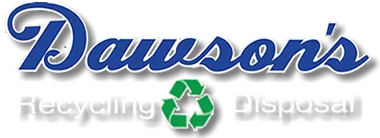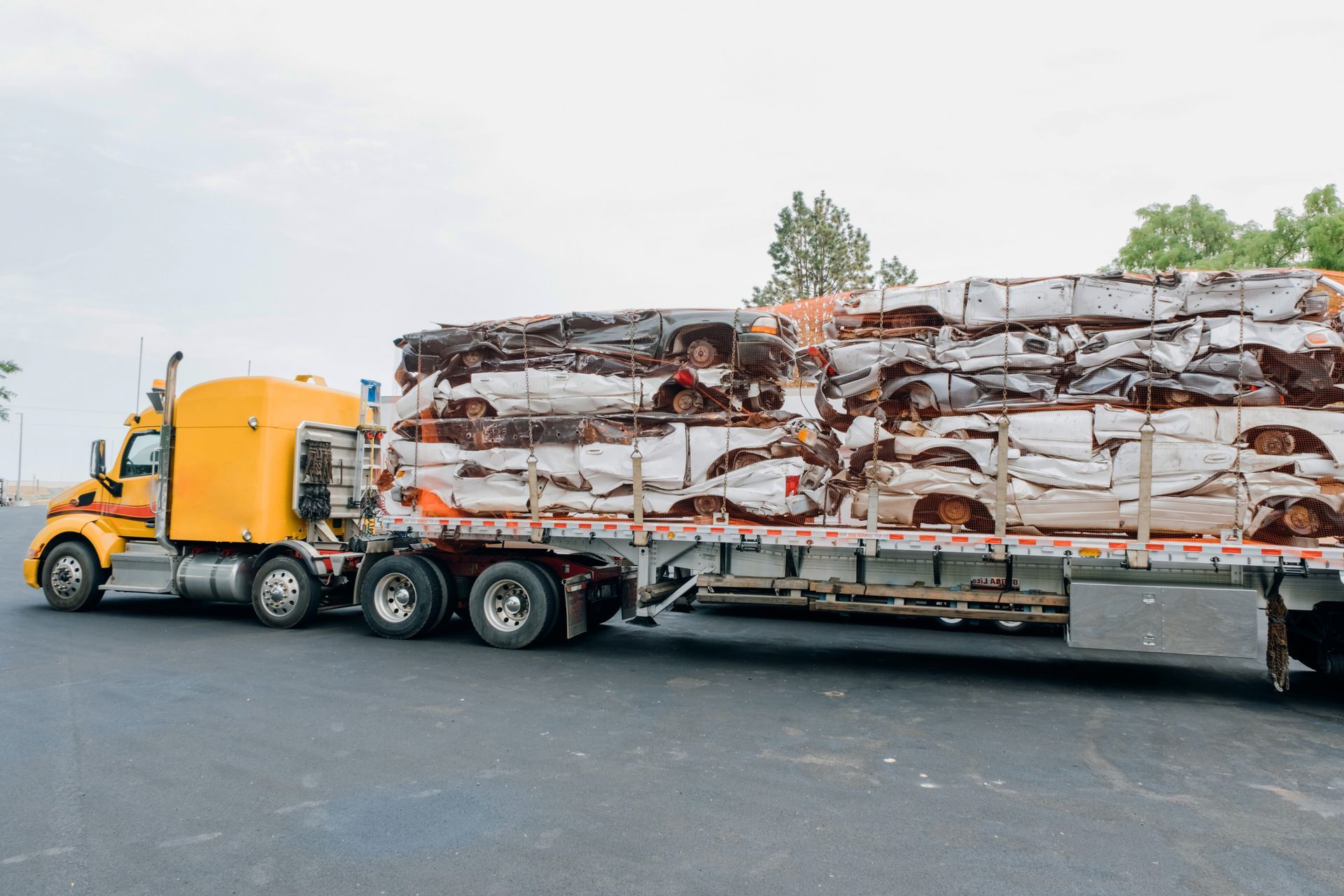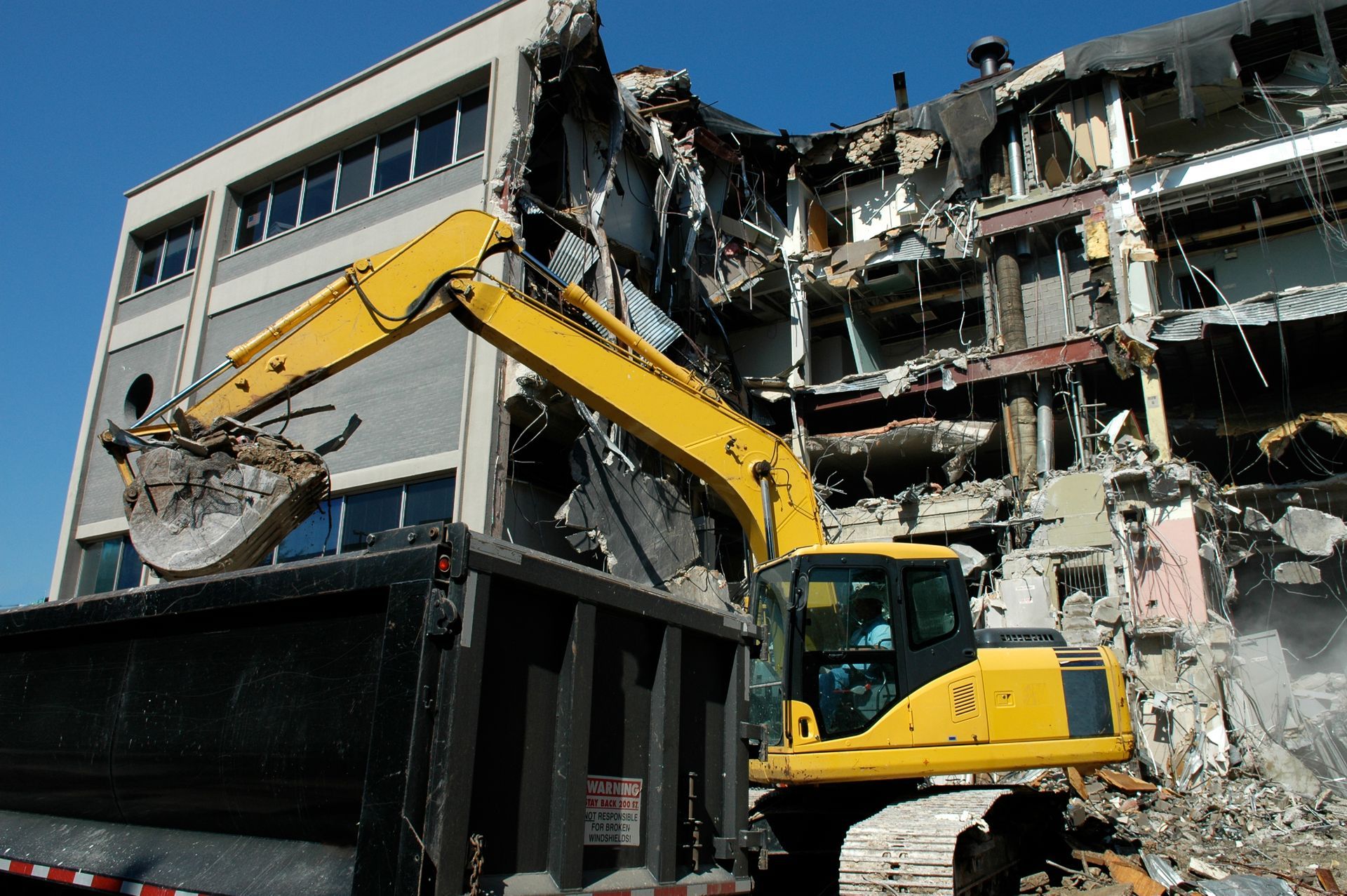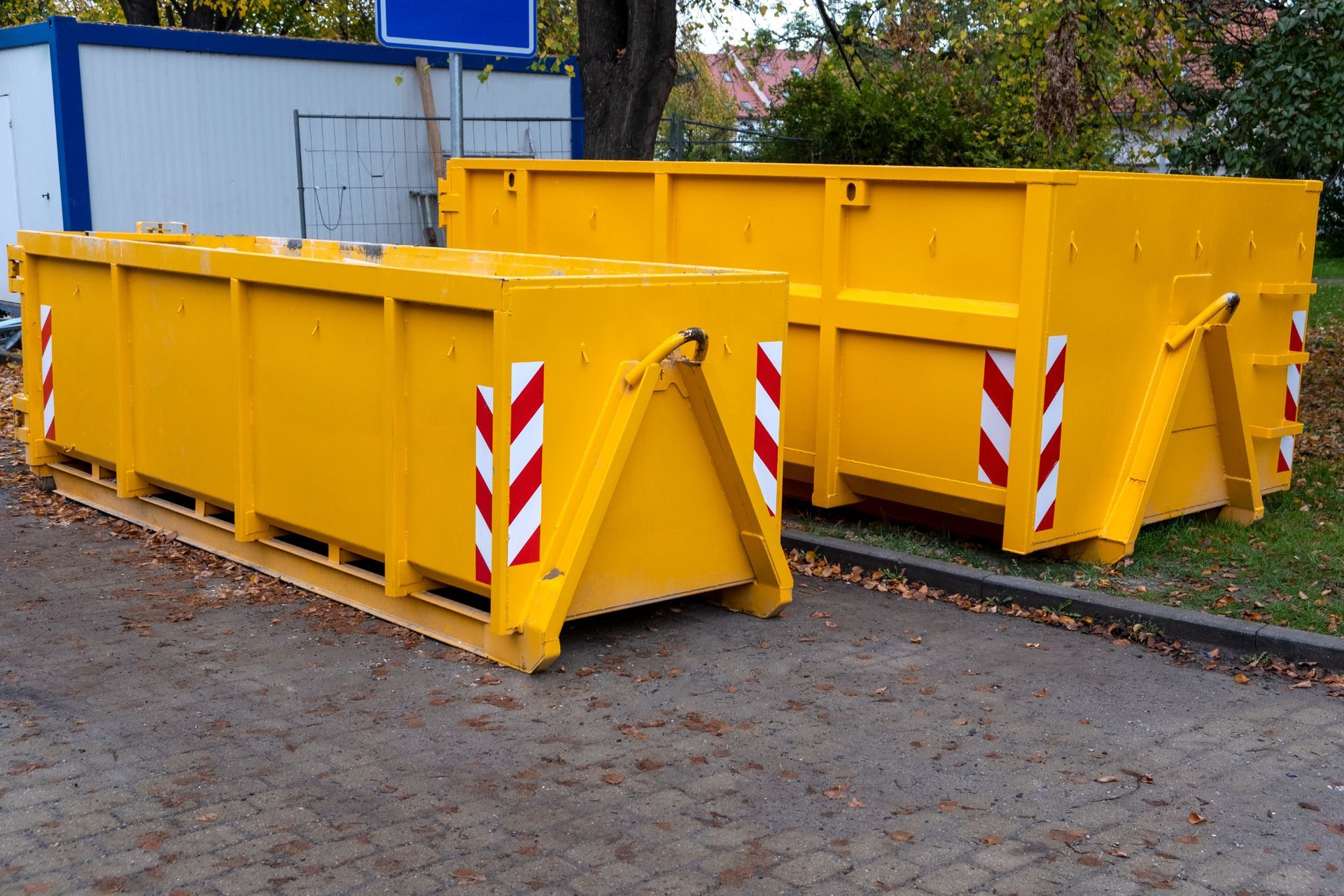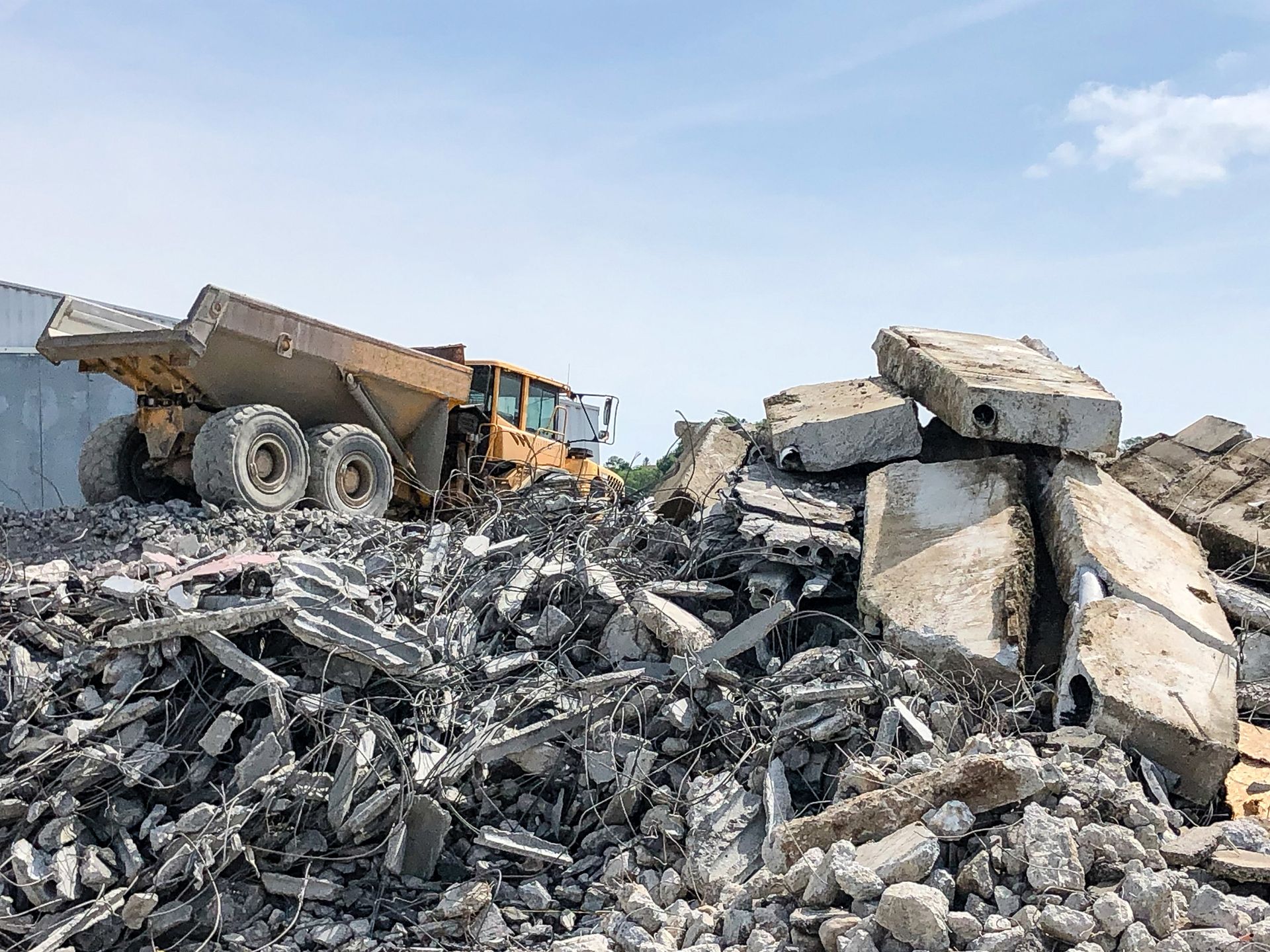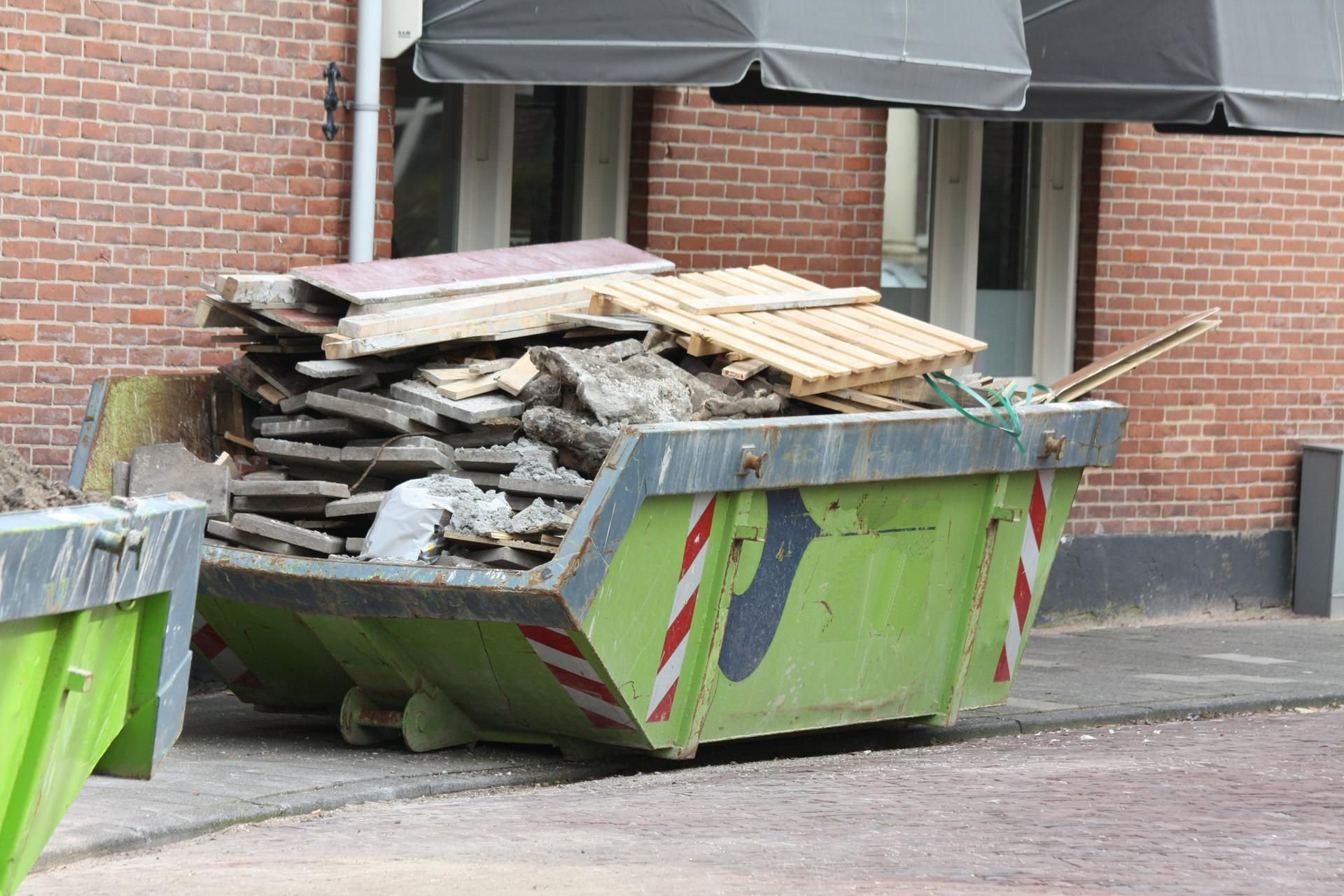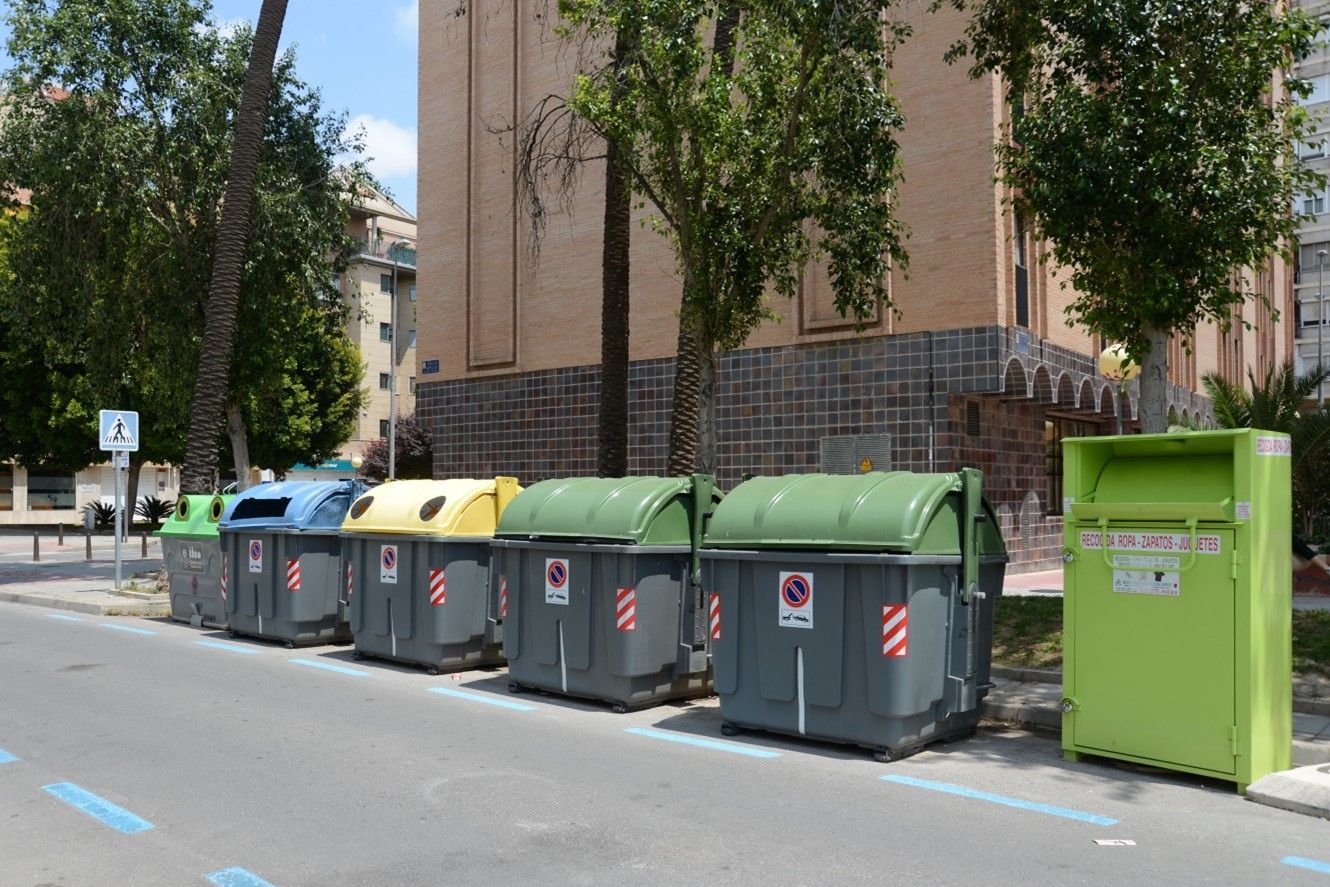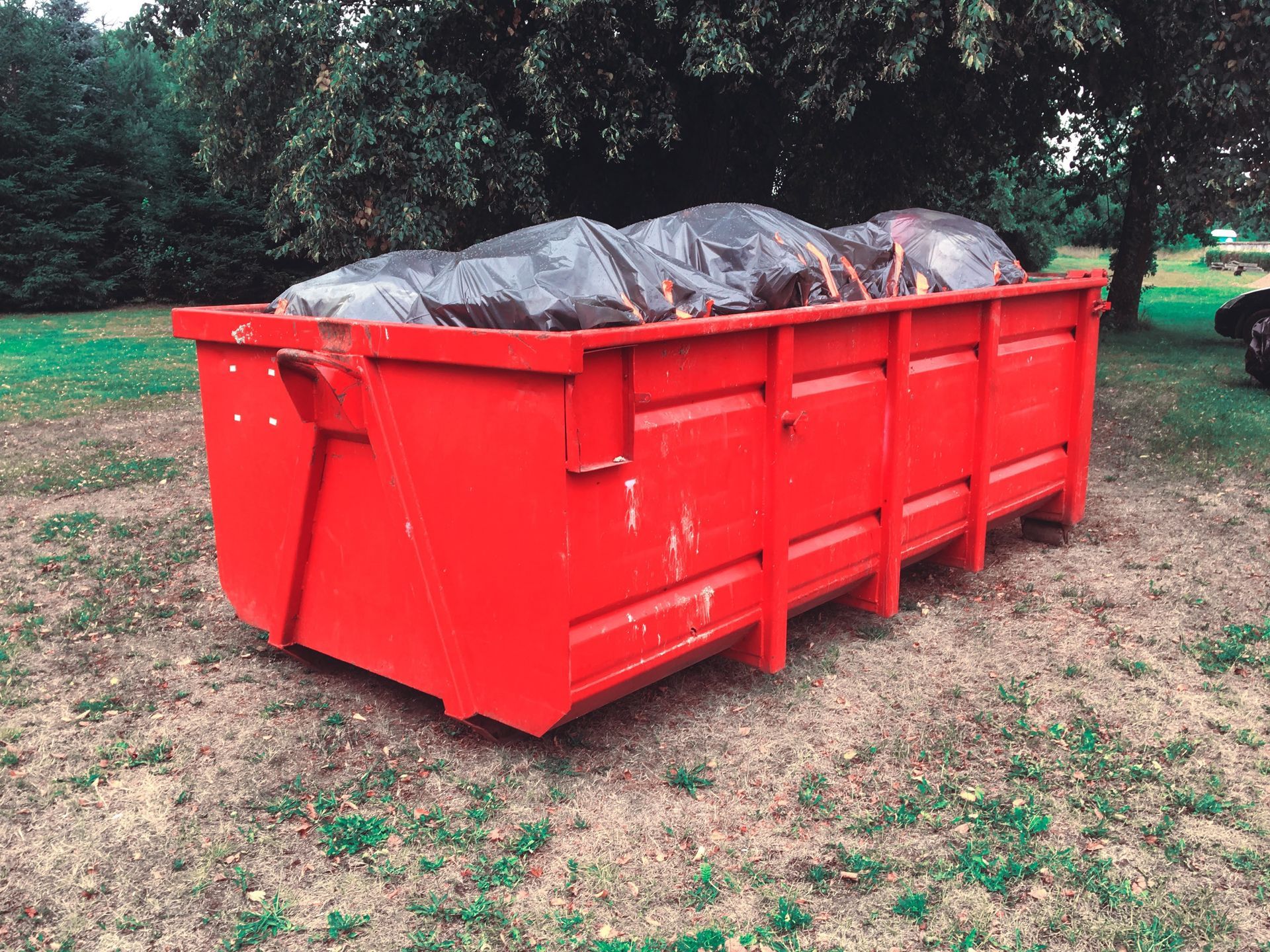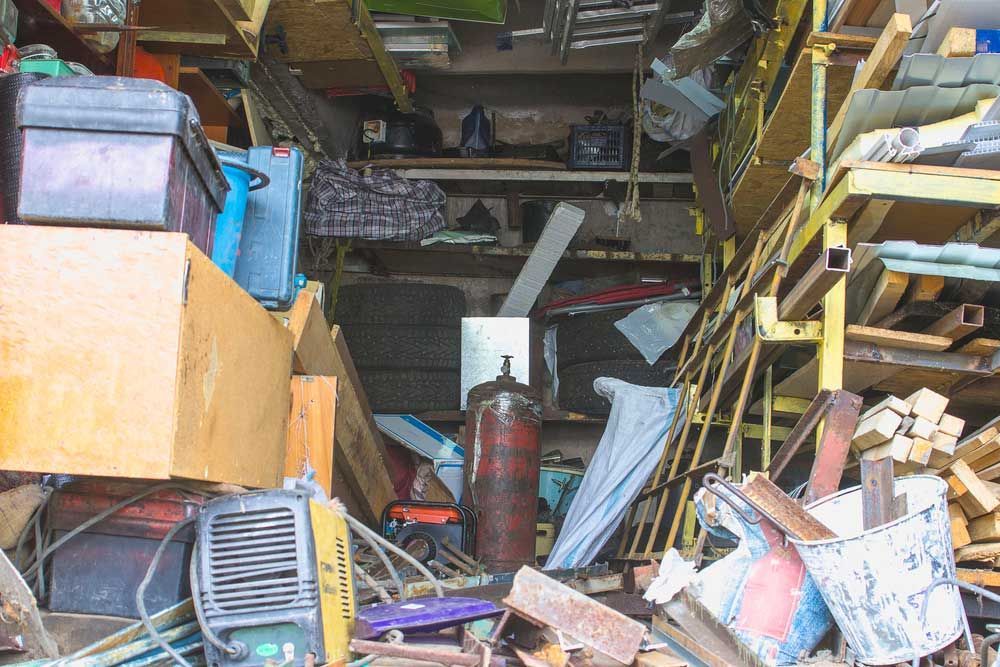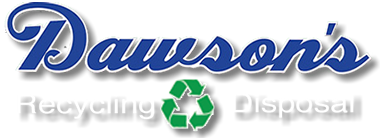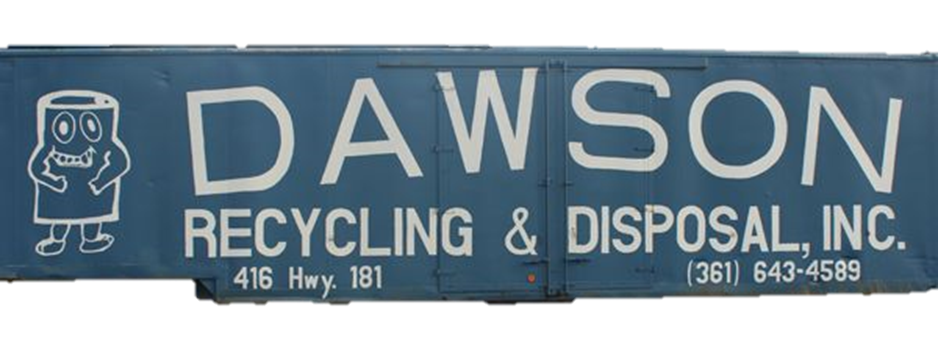Waste Management Planning for Your Business or Commercial Project
Businesses have to plan for everything from how much revenue they expect to bring in to how much staff they need during peak times. Sometimes, businesses will forget to do waste management planning. This is a costly mistake that can be avoided if you take the time. Office buildings, schools, stores, as well as many other commercial and institutional buildings generate a large amount of waste materials. That’s why a solid plan for commercial waste management is important for your business. Not only can it help you to reduce your operating costs, but it can also improve your efficiency. It could also do a lot to boost your organization’s environmental credibility.
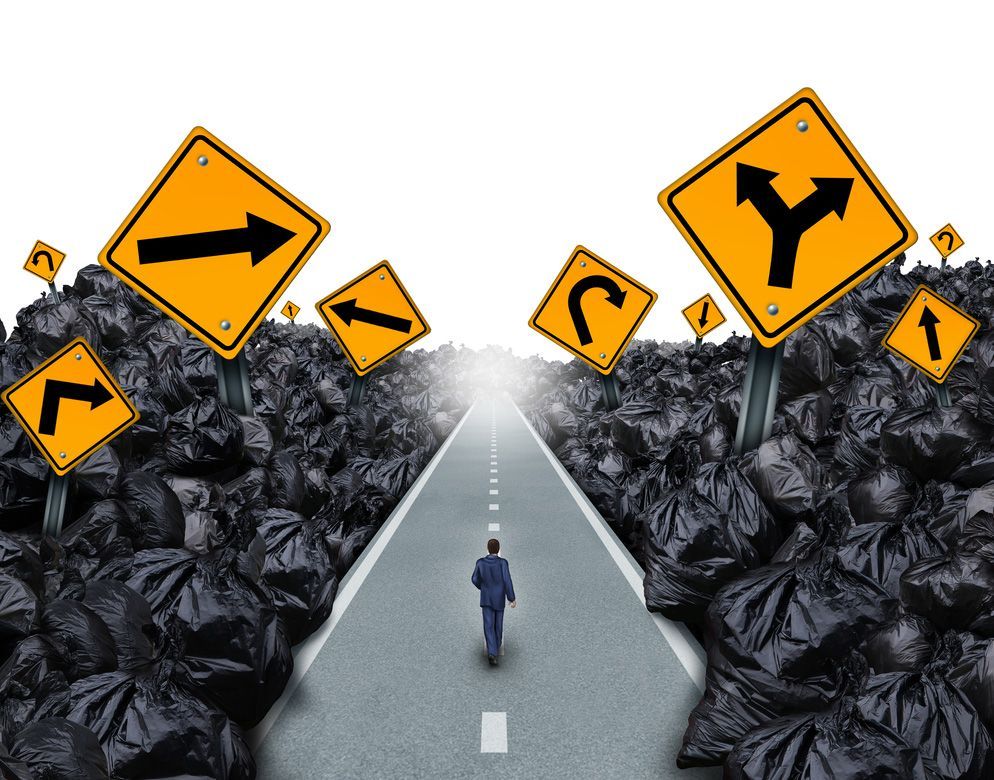
What to Consider When Putting Together a Plan for Commercial Waste Management
Here are some things you should do when it comes to waste management planning:
- Monitor your stream of waste and gather data — Start with a waste audit, so you can determine what kind of waste you generate. You can do this on your own, or you can hire a company that does waste management services to give you some professional advice. If you plan to do the audit yourself, make sure the data is as accurate and complete as possible so you can focus on the biggest problem areas. Document any trends you see while you’re performing your audit, because it will allow you to compare data and track the success of your waste reduction efforts.
- Set achievable goals for your team — Once you have the data, find out where you can improve. What do you need to throw away most often, and how can you minimize that waste? Come up with a strategy with your team so you can come up with a solution that you can implement, but make sure your goals are specific and measurable. This will allow you to evaluate your progress over time. Assign someone on your team to oversee the success of your waste management planning efforts because by having a clear set of processes, you’re more likely to meet your goals.
- Create a waste management system — Figure out the best way to approach the management of your waste streams. To keep your plan on track, have a daily distribution system that your team can maintain. Look at your recycling options and make it a priority, so you can cut back in waste whenever possible. Not only can it be an eco-friendly way to approach commercial waste management, but it can also cost cut costs for you over the long term.
- Plan for the management of hazardous waste — Disposing of hazardous waste into your dumpster is prohibited, so it can’t be recycled. This can include oils, paints, batteries, and medical wastes because they require special disposal procedures. These substances can be toxic, flammable, or unsafe for humans and the environment. If your stream of waste includes hazardous materials, you will need to find a collection facility in your areas so you can dispose of them safely.
If you’re looking for one of the best places for waste management in Corpus Christi, be sure to get in touch with Dawson Recycling and Disposal.
